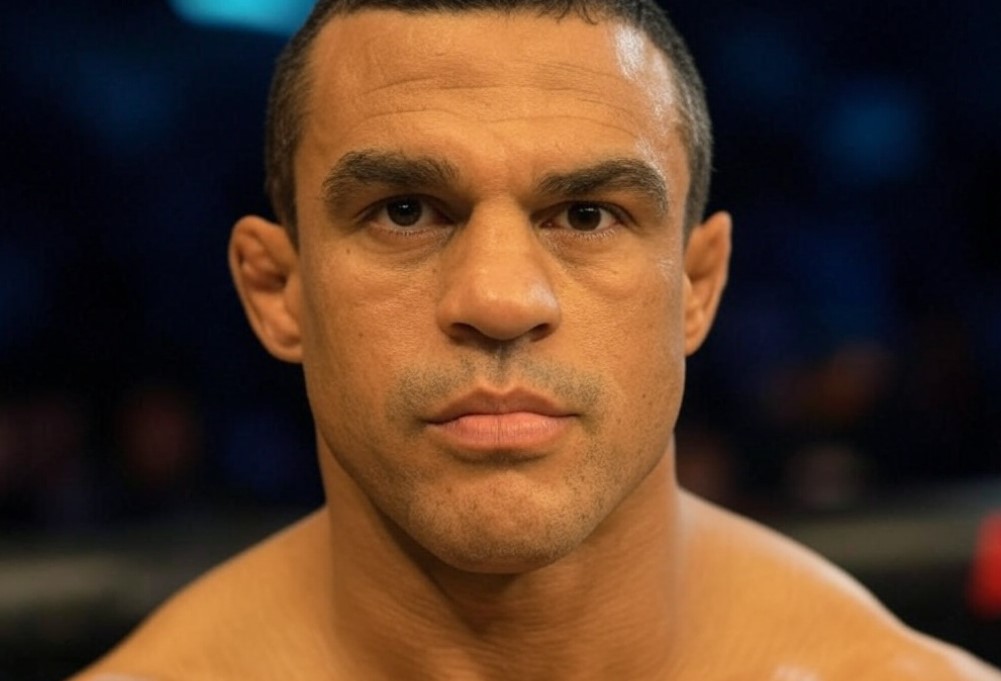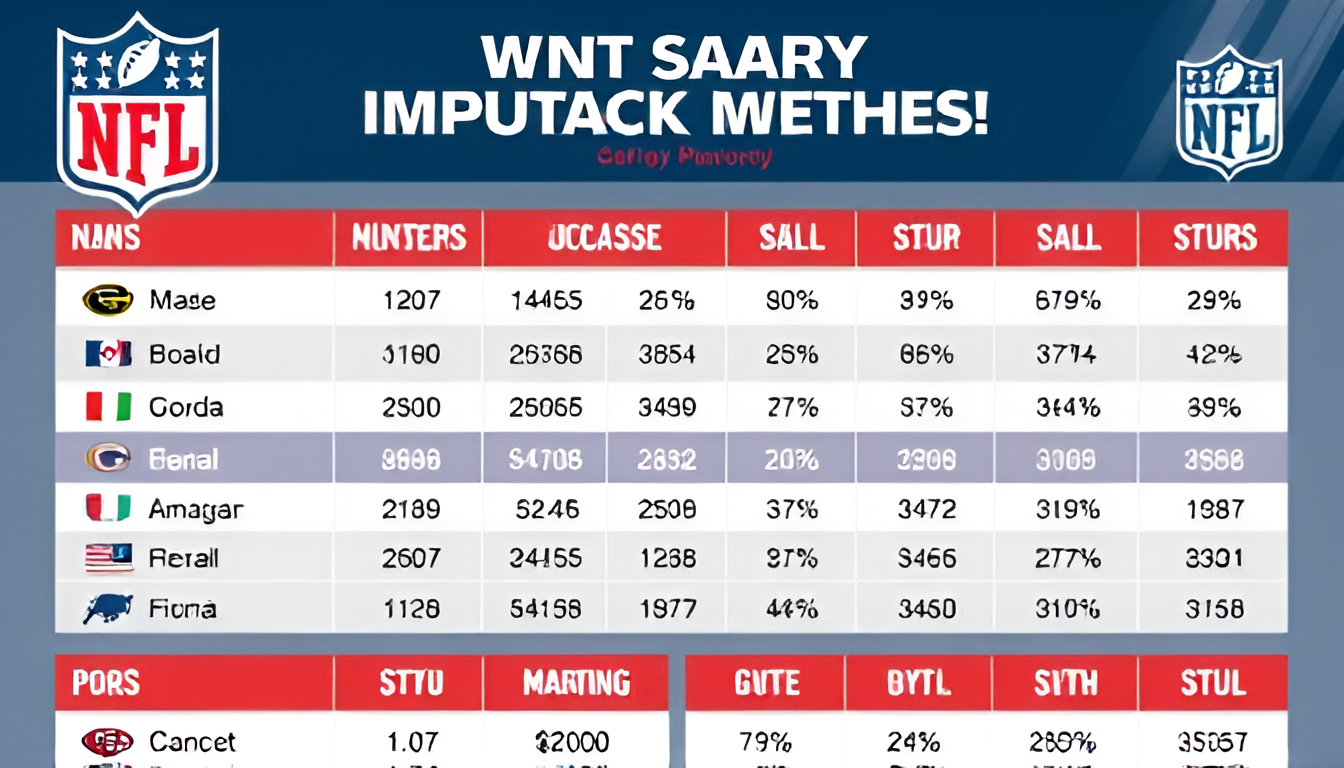In a momentous announcement that reverberates through the mixed martial arts community, Vitor Belfort has been inducted into the UFC Hall of Fame’s Pioneer Wing, recognizing his significant contributions to the sport’s early development. This honor, revealed during the UFC 301 broadcast, underscores Belfort’s explosive knockout power, his role in shaping the UFC’s landscape, and his enduring legacy as one of MMA’s most dynamic fighters. With a career spanning over two decades, Belfort’s journey from a teenage prodigy to a veteran icon is a testament to his impact on the sport.
The Announcement and Its Significance
The UFC Hall of Fame’s Pioneer Wing is reserved for individuals who played a crucial role in the sport’s formative years, often before the UFC’s mainstream explosion in the late 1990s and early 2000s. Vitor Belfort’s induction into this prestigious category acknowledges his presence during a time when MMA was still finding its identity, and his contributions helped pave the way for its global acceptance. The announcement, made public on May 11, 2025, during the UFC 301 event, marks Belfort as the latest addition to a lineage that includes pioneers like Royce Gracie, Ken Shamrock, and Mark Coleman.
Belfort’s induction is particularly significant given his explosive style and the records he set early in his career. Known for his devastating knockouts, Belfort holds the record for the fastest knockout in UFC history, a 44-second finish against Mike Stevens at UFC 12 in 1997. This feat, achieved when Belfort was just 19 years old, announced him as a prodigy with unparalleled power. His career, which saw him compete in multiple weight classes and against some of the sport’s legends, further solidifies his place in MMA history.
Early Career and Breakthrough
Vitor Belfort’s journey began in Rio de Janeiro, Brazil, where he was born on April 1, 1977. His introduction to martial arts came through judo and capoeira, but it was his transition to Brazilian Jiu-Jitsu and Muay Thai that set the stage for his MMA career. Belfort’s professional debut came in 1996 at just 19 years old, and his rise was meteoric. His participation in the UFC 12 tournament in 1997 was a turning point, where he not only won the heavyweight tournament but also set the record for the fastest knockout in UFC history.
Belfort’s early success was not just about his power but also his adaptability. He competed in a era when weight classes were less defined, and fighters often faced opponents much larger than themselves. His ability to transition between heavyweight and light heavyweight, and later middleweight, showcased his versatility. This adaptability was crucial in an era where the sport was still evolving, and fighters like Belfort helped shape the rules and strategies that define modern MMA.
Key Achievements and Records
Vitor Belfort’s career is dotted with achievements that highlight his impact on MMA. Below is a table summarizing some of his most notable accomplishments:
| Achievement | Details |
|---|---|
| Fastest Knockout in UFC History | 44 seconds against Mike Stevens at UFC 12 (1997) |
| UFC 12 Heavyweight Tournament Winner | Defeated three opponents in one night to claim the tournament title |
| UFC Light Heavyweight Champion | Held the title from January 31, 2004, to August 21, 2004 |
| Cage Rage World Light Heavyweight Champion | Won the title in 2006, further establishing his dominance in multiple promotions |
| Most Finishes in UFC History (Tied) | 14 finishes, tying him for fifth place in UFC history |
| First Fighter to Win in Three UFC Weight Classes | Competed and won in heavyweight, light heavyweight, and middleweight divisions |
Belfort’s record of 26 wins, 14 losses, and 1 no contest (as of his retirement) reflects a career of highs and lows, but his finishes—particularly his knockouts—remain a hallmark of his legacy. His ability to end fights quickly, often with a single strike, earned him the nickname “The Phenom,” a nod to his prodigious talent and explosive power.
Signature Fights and Moments
Belfort’s career is defined by several signature fights that encapsulate his style and impact. One of the most iconic was his bout against Randy Couture at UFC 46 on January 31, 2004. Belfort, fighting as a light heavyweight, faced Couture, a seasoned veteran known for his wrestling and ground-and-pound. In a stunning upset, Belfort knocked out Couture in the first round with a flurry of punches, claiming the UFC Light Heavyweight Championship. This victory was not just a title win but a statement of Belfort’s striking ability against a wrestler-dominated division.
Another pivotal fight was his rematch with Couture at UFC 49 on August 21, 2004. This time, Couture reclaimed the title via doctor stoppage after the third round, highlighting the competitive nature of their rivalry. Belfort’s ability to engage in such high-stakes battles against top-tier opponents underscored his place in the sport’s elite.
Vitor Belfort: An MMA Legend
Belfort’s encounter with Dan Henderson at UFC 88 on September 6, 2008, is another fight that stands out. Henderson, known for his powerful right hand, faced Belfort in a middleweight bout. Belfort’s striking once again proved decisive, as he knocked out Henderson in the second round with a combination that showcased his speed and power. This fight was a reminder of Belfort’s ability to compete effectively in multiple weight classes.
Perhaps the most controversial fight in Belfort’s career was his bout against Anderson Silva at UFC 126 on February 5, 2011. Belfort, fighting at middleweight, faced Silva, the pound-for-pound king at the time. In a shocking upset, Belfort landed a front kick to Silva’s chin, knocking him out in the first round. This moment, captured in slow motion and replayed countless times, solidified Belfort’s reputation as a danger to any opponent, regardless of their standing.
The Pioneer Wing Induction
Belfort’s induction into the Pioneer Wing is a recognition of his role during a critical period in MMA’s development. The Pioneer Wing, established to honor those who contributed to the sport before its mainstream acceptance, includes fighters who helped define the early UFC events. Belfort’s presence in the UFC during the late 1990s and early 2000s, a time when the sport was still battling for legitimacy, aligns him with other pioneers who faced skepticism and resistance.
His induction is particularly timely given the UFC’s recent efforts to honor its history. The Pioneer Wing, distinct from the Fighters Wing, which honors more recent champions, ensures that early contributors like Belfort are not forgotten. Belfort’s career, which saw him compete in a era of rapid change and growth, embodies the spirit of the Pioneer Wing. His explosive style, combined with his willingness to face larger opponents and adapt to new rules, helped shape the sport’s trajectory.
Later Career and Legacy
Belfort’s later career saw him transition to middleweight, where he continued to compete against top-tier opponents. His fight against Chris Weidman at UFC 187 on May 23, 2015, is a notable example. Weidman, the reigning middleweight champion, faced Belfort in a title bout. Despite Belfort’s age and the physical toll of his career, he pushed Weidman to the limit, though he ultimately lost via decision. This fight was a reminder of Belfort’s enduring competitiveness and his ability to challenge the best in the division.
Belfort’s retirement from MMA came after a loss to Lyoto Machida at UFC 224 on May 12, 2018. This marked the end of a career that had seen him compete in 41 professional fights, a testament to his longevity and dedication to the sport. His post-MMA career has included forays into boxing, where he faced Evander Holyfield in a high-profile exhibition match in 2021, further extending his influence beyond the octagon.
Belfort’s legacy is not just in his records but in the moments he created. His explosive knockouts, his willingness to face any opponent, and his role in the sport’s early development have left an indelible mark. The Pioneer Wing induction is a fitting tribute to a fighter who helped define MMA’s early years and continues to inspire new generations.
Impact on Modern MMA
Vitor Belfort’s influence extends beyond his fighting career. His explosive style has inspired countless fighters, particularly those who rely on striking. The record for the fastest knockout in UFC history, set by Belfort, remains a benchmark for aspiring fighters. His ability to compete in multiple weight classes has also influenced the sport’s evolution, as weight class divisions became more defined and fighters began to specialize.
Belfort’s career also highlights the challenges of the early UFC. Fighters like him faced a lack of regulation, inconsistent weight classes, and a sport still seeking acceptance. His adaptability and resilience in this environment helped pave the way for the structured, globally recognized sport we see today. The Pioneer Wing induction is a recognition of these contributions, ensuring that Belfort’s role in MMA’s history is remembered.
Conclusion
Vitor Belfort’s announcement as a member of the UFC Hall of Fame’s Pioneer Wing is a celebration of a career that defied expectations and helped shape mixed martial arts. From his record-breaking knockout at UFC 12 to his championship wins and iconic fights, Belfort’s journey is a narrative of power, perseverance, and pioneering spirit. His induction is not just an honor for Belfort but a reminder of the early days of MMA, when fighters like him took risks and set the stage for the sport’s global dominance.
As fans reflect on Belfort’s career, they see a UFC fighter who embodied the essence of MMA’s early years. His explosive power, his willingness to face any challenge, and his enduring impact on the sport make him a worthy inductee into the Pioneer Wing. Vitor Belfort’s legacy is secure, a testament to a career that began with a 44-second knockout and continues to resonate through the annals of mixed martial arts history.





One thought on “Vitor Belfort Announced for UFC Hall of Fame Pioneer Wing: A Legacy of Explosive Power and Enduring Impact”
Comments are closed.